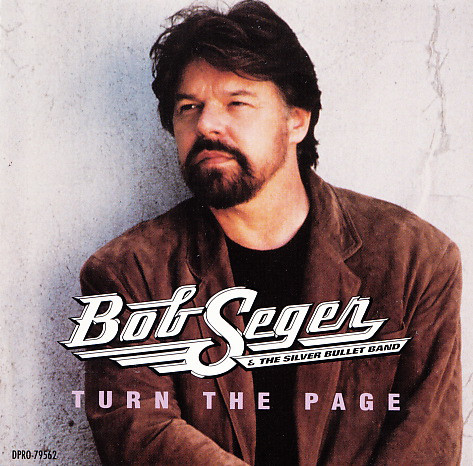Behind the Song: Bob Seger & The Silver Bullet Band, “Turn The Page”
CHATTANOOGA, Tenn – There’s an adage that says you should write what you know. So it’s understandable that rock and roll songwriters have tried to make sense in song out of their nomadic existence pretty much since the dawn of the genre. The “road song” really came into vogue once managers and promoters realized just how lucrative it could be for a band or artist to endlessly tour the country or the world, stringing out performers to the point that the supposed glamour of the rock-and-roll lifestyle was replaced by routine and drudgery similar to what any office drone might encounter.
The best road songs capture the strange contrast between an artist drinking in the adoration of thousands of fans night after night and feeling utterly alone once the music stops. Bands have taken different approaches to this subject matter, from journalistic (“Lodi” by Creedence Clearwater Revival) to surreal (“Moonlight Mile” by The Rolling Stones) to sentimental (“Faithfully” by Journey.) But perhaps no song has ever captured the life of a traveling musician with such bone-chilling accuracy as Bob Seger’s “Turn The Page.”
Seger began working on the song in 1972, but it wasn’t complete until a touring pit stop provided the entire second verse. As Tom Weschler, road manager for the Silver Bullet Band remembered in Travelin Man: On The Road And Behind The Scenes With Bob Seger, which he co-wrote with Gary Graff: “I think we were in Dubuque, Iowa, in winter and stopped at a restaurant. We stood out when we entered a store or a gas station or a restaurant en masse. At this restaurant it was particularly bright inside, so there weren’t any dark corners to hide in. All these local guys were looking at us like, ‘What are these guys? Is that a woman or a man?’ — just like in the song.”
Seger penned the lines, “Most times you can’t hear ‘em talk, other times you can/ All the same old clichés, ‘Is that a woman or a man?’” to commemorate the humiliating experience. “And you feel the eyes upon you as you’re shaking off the cold/ You pretend it doesn’t bother you but you just want to explode,” he sings, the simmering tension dripping from his voice. He also explains that there’s no recourse for the persecuted in this situation: “And you always seem outnumbered, you don’t dare make a stand.”

